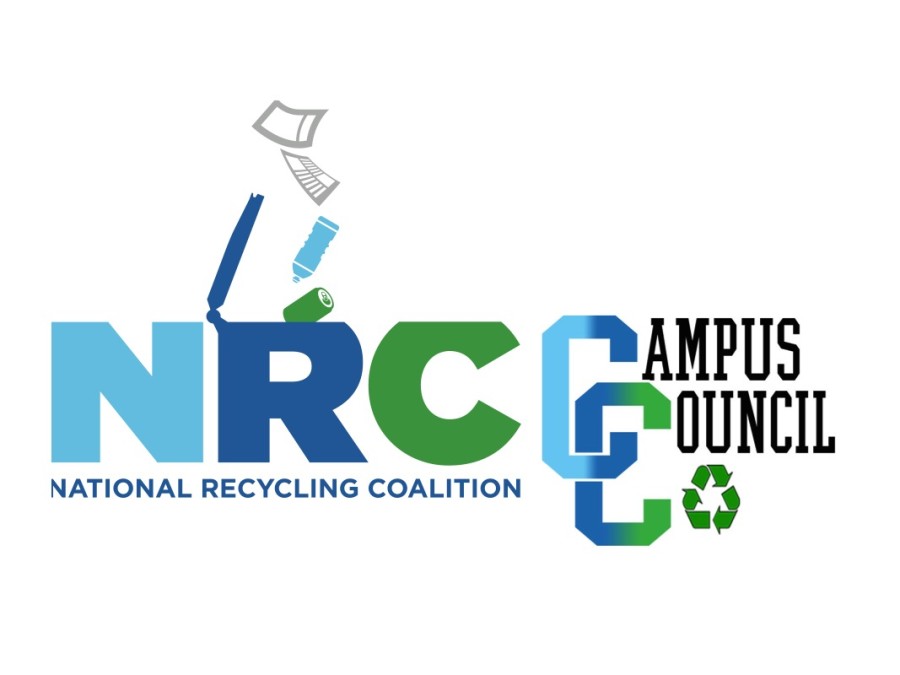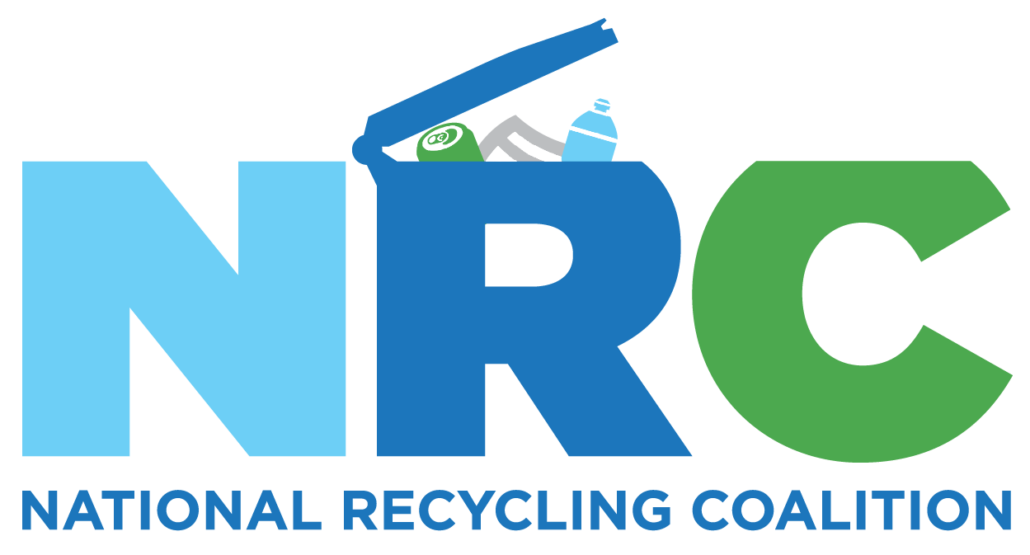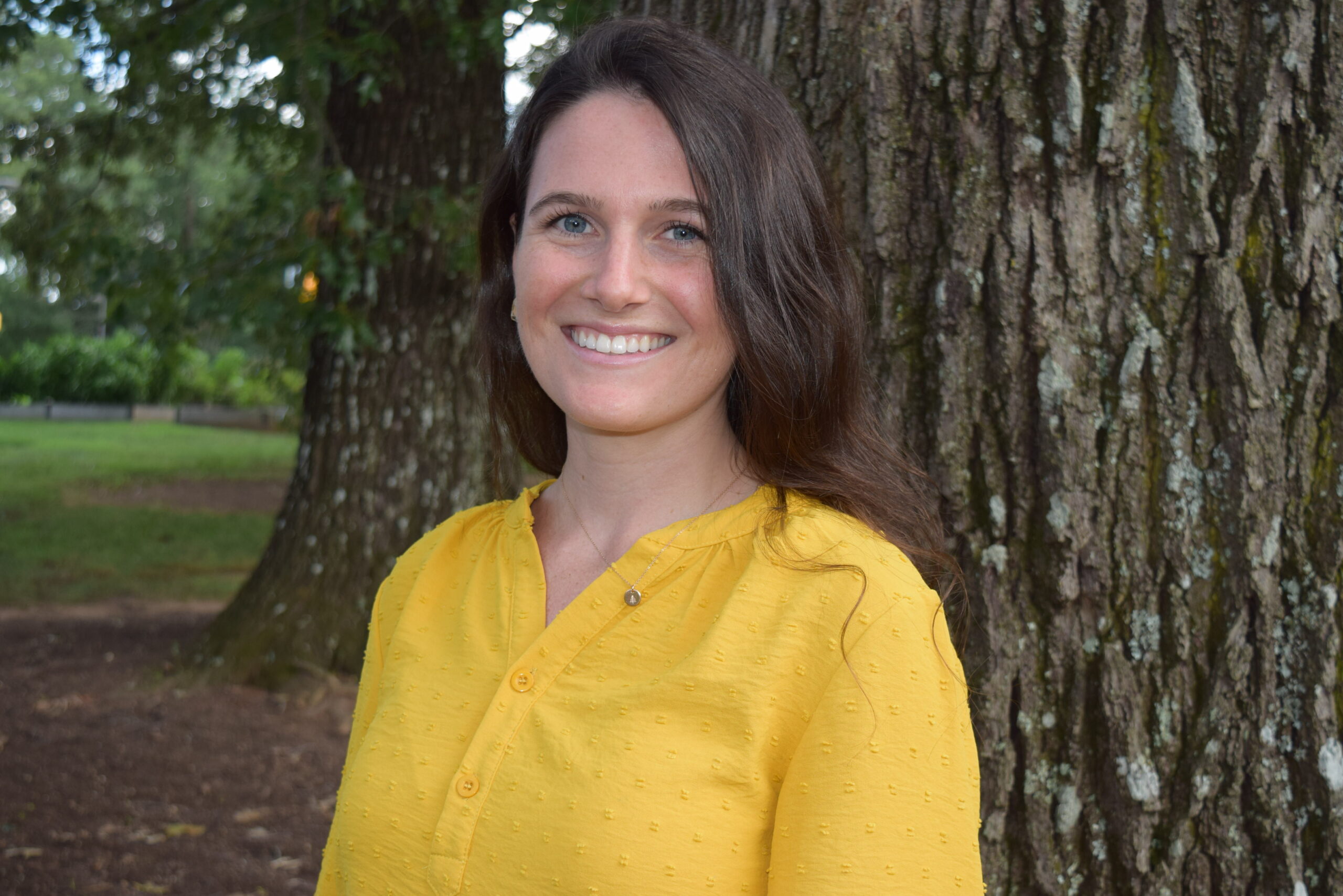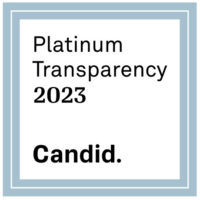NRC Campus Council
WELCOME!
The NRC has long-supported campus recycling, first hosting caucuses of campus program managers in 1992, then supporting a technical council in 1995. As it reorganized, the NRC re-established the Campus Council in 2013 to meet the need for stronger linkages between higher ed and the SMM industry. Degree programs, career services, applied research/technology transfer, and relationships with recycling leaders are examples of the opportunities the Campus Council develops between on-campus and off-campus groups.

The NRC’s Campus Council is guided by recommendations in a White Paper to the EPA’s Sustainable Materials Management Summit in 2015. Higher ed leaders and industry professionals advise the group, which normally meets at the Resource Recycling Congress.
The Council’s most current report is available here: 2022-2023 Campus Council Strategic Plan- Update
Get to know the NRC Campus Council and take advantage of the many opportunities we offer!
Email: [email protected]
Campus Council Interest Survey
The National Recycling Coalition believes that colleges and universities have unique, even decisive roles in the long-term success of recycling and sustainable resource management.
The intent of this survey is to help focus activities as well as enlist potential involvement. Please take a moment to help advance this effort by taking this short survey.
Thank you!
National Recycling Coalition Scholarships: Supporting Students, Honoring a Legacy
The Murray J. Fox Scholarship Fund was created in 1994 to honor one of the founding members of the National Recycling Coalition through an endowment to continue his legacy of fostering future leaders. Since then, dozens of students have benefited from his support. Many are making valuable contributions in the industry. A biography of the man and his accomplishments can be found in this intern-compiled retrospective.
2023 Recipient: Shannon Sahs
An outstanding college student from the University of Virginia is this year’s recipient of the Murray J. Fox Scholarship, offered through the National Recycling Coalition and its Campus Council.
The Scholarship focuses on advancing students’ academic and professional interests in social justice aspects of the recycling industry. Students receive tuition-based scholarships, registration for the National Recycling Congress, as well as membership in the National Recycling Coalition.
The NRC congratulates Ms Sahs on her award and welcomes her to the Coalition.
Shannon Sahs: First year graduate student, Masters of Environmental Science, University of Virginia
Shannon plans to focus her thesis on environmental justice issues in low-income minority communities. She is passionate about increasing access to clean air, water, and greenspace in neighborhoods that have been historically exposed to pollutants.
In addition to her studies, Shannon is the Zero Waste Outreach & Engagement Coordinator for the UVA Office for Sustainability. She leads the University’s Sustainable Procurement Working Group and focus on upstream solutions to minimizing waste. She is passionate about responsible sourcing, increasing purchases from local and small, women, and minority owned (SWaM) businesses.
Having toured several recycling facilities, Shannon is alarmed by the working conditions she witnessed. Her goal is to minimize contamination in recycled materials to ease the burden on workers.
2024 National Recycling Coalition’s Scholarship Open March 1 – July 1
This year, $3,000 will be awarded to one student to assist with their educational expenses. The recipient will also receive membership in the National Recycling Coalition as well as complimentary admission to the National Recycling Congress: November 19, 2024. Funding will be focused on advancing students’ academic and professional interests in climate justice aspects of the Sustainable Materials Management industry. Examples include recycling and custodial worker safety, community development, education, policy, and climate action.
Applications will be accepted March 1 – July 1, 2024. Apply here: https://forms.gle/
Submit questions to Campus Council Chair, Jack DeBell: [email protected]
Internship Exchange
The need for, and the opportunities to, improve linkages between higher education and the sustainable materials management industry are greater than ever. One of the strongest links is creating internships.
The NRC’s Campus Council is piloting an internship exchange, based on the Guide to Successful Internships.
Agencies, organizations, and companies can complete the: Application to Request Interns
Students and recent graduates, complete: Application for Prospective Interns
Job Listings
The Campus Council has compiled this list of recommended job boards and job search resources.
Training and Certification
The Campus Council supports the National Standards Certification Board (NSCB). The NSCB accredits training and certification programs (not individuals), run by states, regions, organizations, trade associations, universities, and community colleges. To date, the following states have had their training programs accredited by the NRC: New Jersey, New Mexico, Pennsylvania, and Illinois. Other states and organizations are currently developing them with Campus Council assistance.
NSCB Accreditation Criteria and Process
NSCB Learning Objectives
NSCB Application for Accrediting Training Programs
Click here to learn more about the National Standards Certification Board.
Address:
National Recycling Coalition
Box 314, 1151 Eagle Drive
Loveland, CO 80537
Email:
Copyright 2023, National Recycling Coalition. All rights reserved.
Lorem ipsum dolor sit amet, consectetur adipiscing elit. Ut elit tellus, luctus nec ullamcorper mattis, pulvinar dapibus leo.



